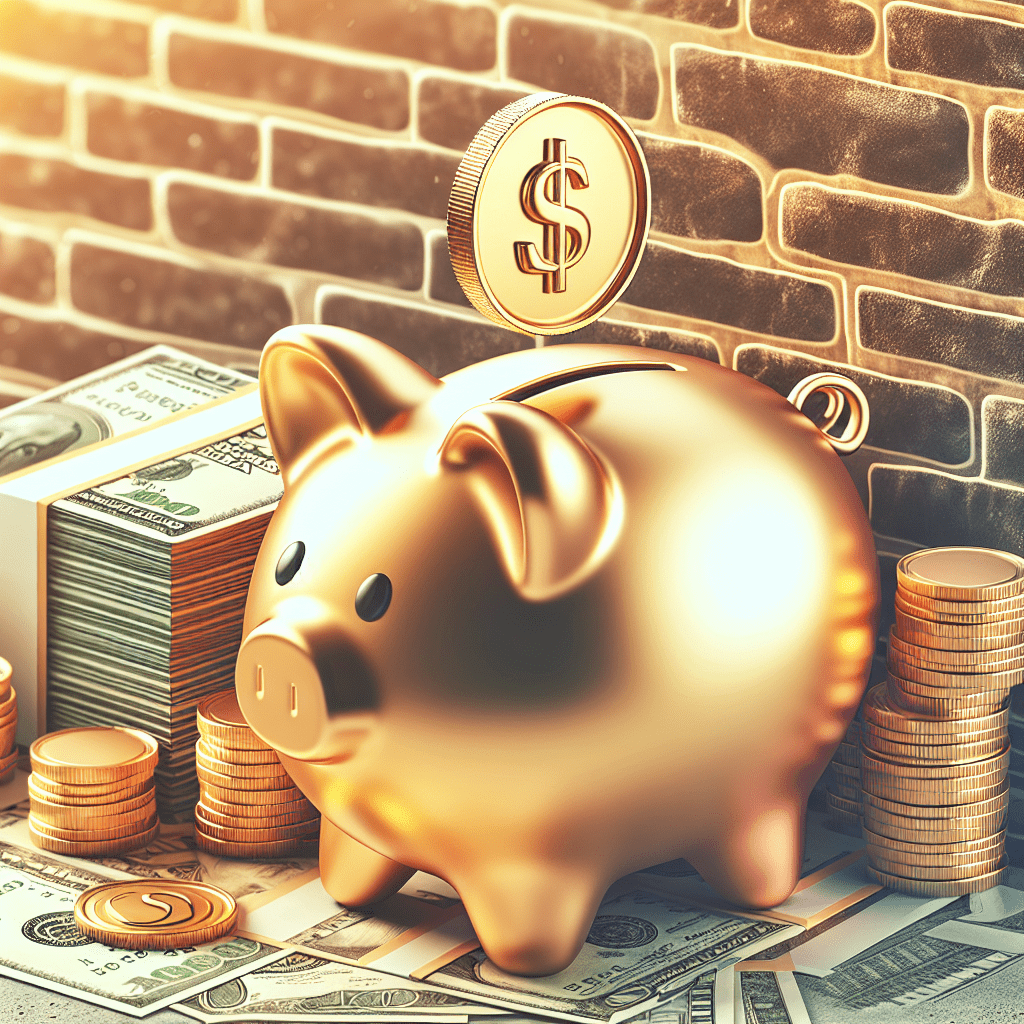In an unpredictable world, financial stability becomes an essential cornerstone of mental and emotional well-being. One of the most vital components of achieving this stability is establishing an emergency fund. In the following sections, we will explore why you need an emergency fund, its benefits, and actionable steps on how to build one efficiently.
What is an Emergency Fund?
An emergency fund is a designated savings account that is set aside for unforeseen expenses or emergencies, such as medical expenses, job loss, or urgent home repairs. This financial buffer can prevent you from falling into debt when unexpected situations arise.
Why You Need an Emergency Fund
Here are several reasons why having an emergency fund is not just a luxury but a necessity:
1. Protects Against Unforeseen Circumstances
Life is unpredictable, and unexpected expenses can arise at any moment. An emergency fund provides a safety net that allows you to manage these sudden costs without drastically affecting your financial situation.
2. Reduces Financial Stress
Having money set aside for emergencies can alleviate the anxiety that comes with financial insecurity. You can face unexpected situations with confidence, knowing that you have resources available to mitigate the impact.
3. Prevents Debt Accumulation
Without an emergency fund, many people resort to credit cards or loans to cover unexpected costs, leading to debt accumulation. By having cash on hand, you can avoid high-interest debt and maintain your financial integrity.
4. Provides Flexibility in Decision-Making
An emergency fund can provide the freedom to make choices without being forced into financial corners. Whether it’s an unexpected job change or a sudden travel necessity, you can take calculated risks and make informed decisions.
5. Enhances Your Financial Strategy
Incorporating an emergency fund into your financial plan not only prepares you for the unexpected but also strengthens your overall financial strategy. It’s a fundamental step toward a healthier financial future.
How Much Should You Save in Your Emergency Fund?
The amount you should save in your emergency fund can vary based on individual circumstances. However, a commonly recommended guideline is to save:
- Three to six months’ worth of living expenses: This range is generally sufficient to cover expenses during a temporary financial setback, such as job loss.
- One to two months’ worth of expenses: If you’re just starting out or living paycheck to paycheck, even a smaller fund can significantly help.
Evaluating your monthly expenses is crucial to determining the right amount for your unique situation.
How to Build Your Emergency Fund
Building an emergency fund requires a strategic approach and commitment. Here are several steps to help you get started:
1. Create a Budget
The first step to building an emergency fund is to create a detailed budget. This will help you understand your income and expenses, allowing you to identify how much you can allocate to your emergency savings.
2. Set a Goal
Establish a clear savings goal for your emergency fund based on the recommended amounts discussed earlier. Having a specific target can motivate you to reach it.
3. Start Small
Begin by saving a small amount each month and gradually increasing it as your financial situation improves. Even small contributions can add up over time.
4. Open a High-Interest Savings Account
Select a high-yield savings account to hold your emergency funds. This way, your money can earn interest while remaining easily accessible in case of emergencies.
5. Automate Your Savings
Consider setting up automatic transfers from your checking account to your emergency fund. Automating your savings makes it easier to prioritize building your fund.
6. Cut Unnecessary Expenses
Analyze your spending habits and identify areas where you can reduce expenses. Redirecting these savings to your emergency fund can accelerate your progress.
7. Use Windfalls Wisely
Whenever you receive unexpected income, such as bonuses, tax refunds, or gifts, consider allocating a portion of it to your emergency fund. This can help you reach your goal faster.
Conclusion
In conclusion, establishing an emergency fund is crucial for financial security and peace of mind. It protects you against unforeseen circumstances, reduces stress, and enhances your overall financial strategy. By following the steps outlined above, you can build an emergency fund that serves as your safety net for years to come. Remember, the key is to start small, remain consistent, and be proactive in growing your fund.
FAQs about Emergency Funds
1. What qualifies as an emergency?
An emergency can include unexpected medical expenses, car repairs, job loss, or any situation that requires immediate financial attention and cannot be planned for.
2. Can I access my emergency fund for non-emergency expenses?
While you technically can use your emergency fund for non-emergencies, it’s advisable to only withdraw from it for genuine emergencies to ensure the fund remains intact when you truly need it.
3. How long does it take to build an emergency fund?
The time it takes to build an emergency fund varies based on your savings rate and goals. By following a consistent plan and making saving a priority, you can build a meaningful fund within a few months to a few years.
4. Is a separate account really necessary for an emergency fund?
Yes, it’s beneficial to keep your emergency fund in a separate account to avoid the temptation of using it for daily expenses. A high-yield savings account can help to ensure its purpose is preserved.
5. Can I include my existing savings in my emergency fund total?
If your existing savings are easily accessible and not earmarked for specific purposes, you can include them as part of your emergency fund. However, ensure you still meet the recommended savings guidelines.
A TIP for Building Your Emergency Fund
Consider visualizing your savings goal. Creating a chart or using a savings app can help you see your progress, motivating you to keep saving. Celebrate small milestones along the way – achieving goals, no matter how small, contributes to your overall financial confidence!
#Emergency #Funds #Build

